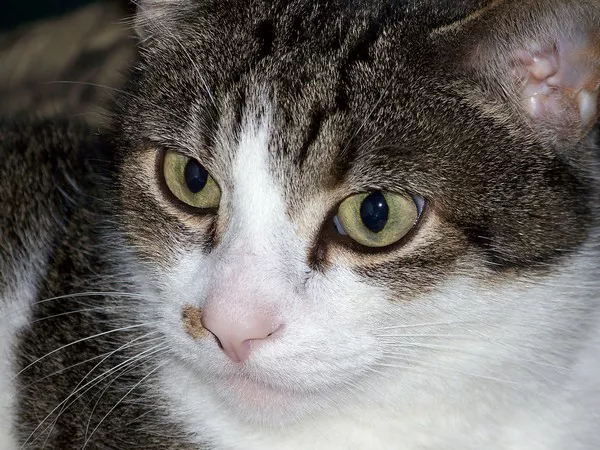In response to a national shortage of core cat vaccinations, RSPCA NSW has implemented a temporary one-month hold on accepting surrendered or stray cats at most of its shelters across the state. The only exceptions to this suspension are the Blue Mountains and Illawarra shelters, which are continuing to accept strays in compliance with council pound obligations.
The nationwide vaccine scarcity has necessitated this temporary measure to safeguard the well-being of cats already under the care of RSPCA NSW. Core feline vaccinations are essential for protecting cats from potentially severe diseases like cat flu and the deadly feline panleukopenia virus, particularly in shelter environments where these illnesses can spread rapidly.
Dr. Liz Arnott, Chief Veterinarian at RSPCA NSW, stressed the importance of this move: “Although feline panleukopenia is rarely encountered in pet cats and flu symptoms are typically manageable, they are much more commonly seen in a shelter environment and can have dire consequences. These illnesses can spread rapidly in a shelter, leading to large-scale mortality, which is a scenario we are committed to avoiding.”
RSPCA NSW has set vaccination protocols for every incoming cat, and the remaining vaccine stock will be allocated to complete vaccination regimes for cats already in their care and respond to any cat intake via the inspectorate.
During this period, the community is encouraged to exercise responsible cat ownership practices, ensuring that cats are desexed from four months of age. The forthcoming kitten season and the limited sheltering options make it critical for cat owners to consider adapting to a safe-at-home lifestyle for their feline companions.
“In light of these vaccine shortages, the limited sheltering options, and the upcoming kitten season, it’s never been more crucial for people to educate themselves on adopting responsible cat ownership practices, as well as what to do if they find a cat or a litter of kittens,” emphasized Dr. Arnott. “Desexing is vitally important to prevent unwanted pregnancies and keeps your beloved feline friend healthy.”
For healthy and uninjured cats encountered in the community, research shows that they are likely being cared for by people in the neighborhood. In such cases, there’s no immediate need to capture the cat and bring it to a shelter. The community is encouraged to use social media or connect with neighbors to identify the caregivers of these cats.
In cases of finding a stray kitten, RSPCA NSW provides guidance on its website. Although shelters are unable to accommodate these kittens during the vaccine shortage, community members are urged to care for them for the next 4-6 weeks until RSPCA NSW has vaccinations in stock. For guidance on caring for kittens, veterinarians and RSPCA NSW can provide assistance over the phone.
The RSPCA will be able to assist with litters once vaccines are available. Local veterinarians may also be consulted for vaccination availability for kittens. For the duration of the vaccine shortage, it’s important to prevent these kittens from going outdoors if they haven’t been desexed, as kittens can start breeding as early as four months of age.
RSPCA NSW acknowledges the concerns and challenges posed by this situation and appreciates the community’s understanding and support during this critical period. The temporary hold on shelter intake is a necessary precaution to protect the health and well-being of cats in their care.

![Are Birman Cats Cuddly?[Revealed!]](https://www.catsmeowweb.com/wp-content/uploads/2023/06/birman-cat-29.webp)





















